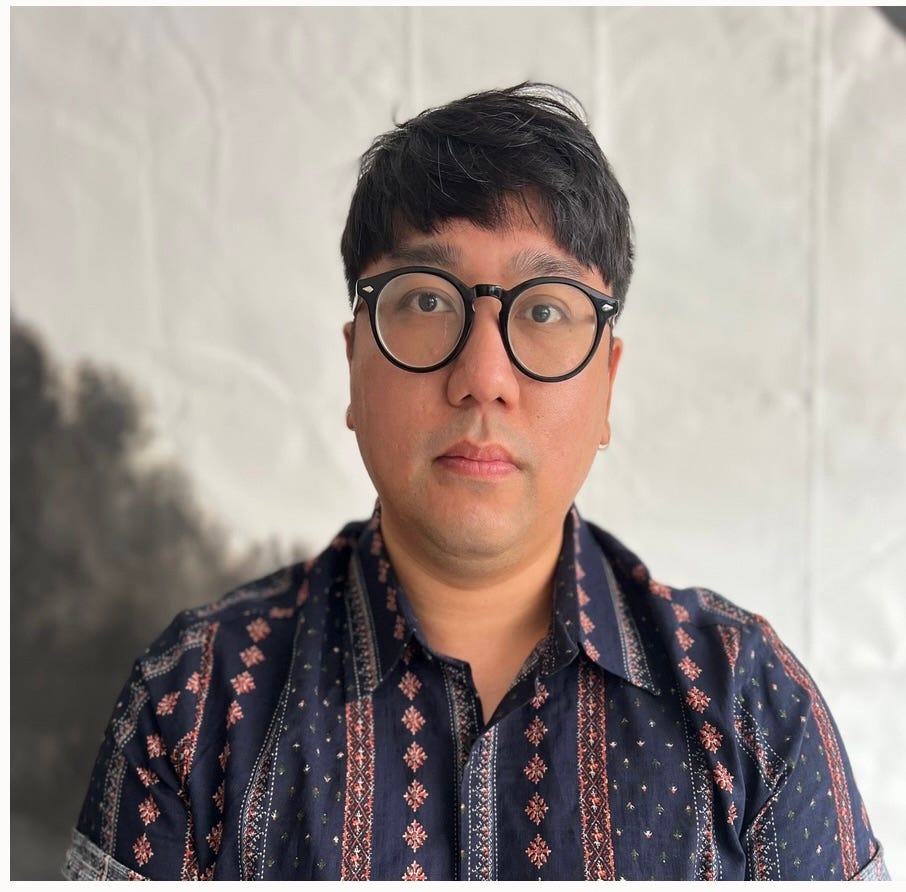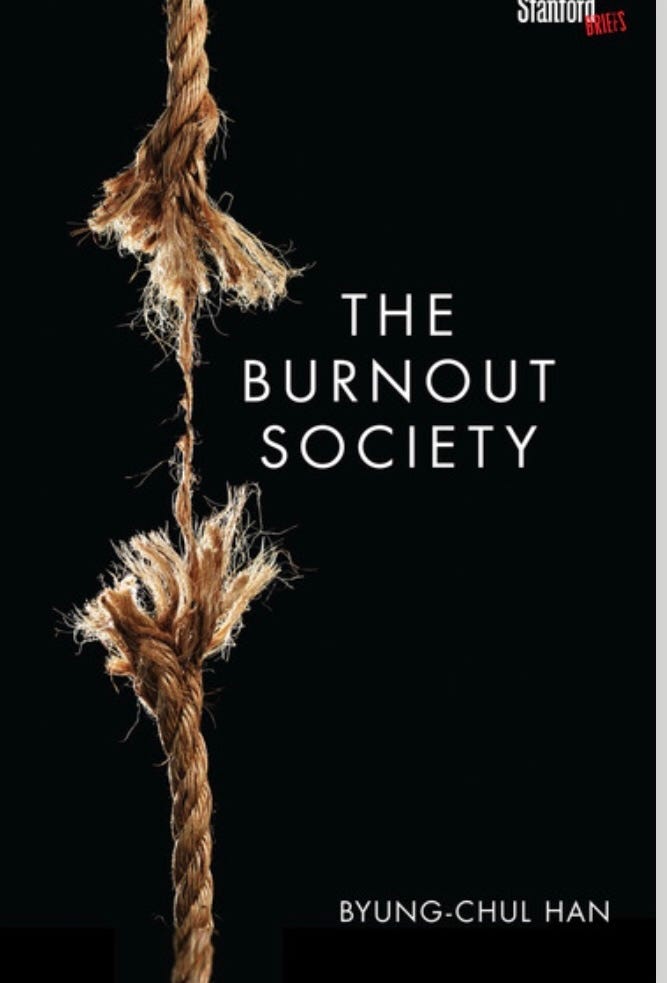Conversations with Tyler Phan, Part One
Ask an Anthropologist!
Please meet my friend Tyler Phan, Ph.D. We’ve known each other since 2010 and we’ve had many, many conversations. A few of them were on podcasts, for example this one:
Since I’m not yet brave enough to tackle Substack’s podcast function myself, I thought it might be fun to try to turn one of our recent conversations into a post. This is part one.
Me: Besides being an acupuncturist, you’re also an anthropologist. Can you talk about why it’s useful for people who want to receive and/or practice acupuncture to learn a bit about anthropology?
Tyler: Anthropologists are concerned with different ways of seeing: there are many possible ways to look at cultures, society, people -- and medicine. Anthropologists critique what is socially constructed -- and the practice of medicine is socially constructed.
Chinese medicine (including acupuncture) is really good at introducing a different view of medicine, a different way of seeing, into the practice of medicine. The existence of acupuncture demonstrates the heterogeneity of medicine. My methodology in general is to look at heterogeneity.
Me: A lot of people who use community acupuncture are looking for a different experience of medicine than conventional biomedicine can offer, especially the corporatized, for-profit version. That’s also true for some POCA Tech students who were previously trained as nurses or MDs.
Tyler: Anthropology is a tool to interrogate the world and to reveal structures of power. Thinking like an anthropologist opens up questions like: who is medicine for? Who controls medicine? And what possible futures does it reveal?
Me: There’s a lot to talk about in terms of how those questions apply to acupuncture: who is it for, who controls it, and what are some possible futures?
Tyler: There’s a book, The Burnout Society, by the philosopher Byung-Chul Han. He argues that what we have now is an achievement society and this causes a specific kind of suffering, a kind of depression and burnout. It used to be, you were trying to appease your boss out of the fear of punishment -- but now our society creates the conditions to make you work for the sake of working, so you exploit yourself in the name of productivity and achievement. Everything is all about achievement.
And a principal basis of achievement is health. You have to do X to your body so that you can achieve Y for your culture and your society, and you have to look a certain way. Aesthetics informs our lives, so a certain image of health becomes a fulcrum of achievement society. It’s pervasive. It’s the neo-liberal dream of optimizing your health to match an aesthetic.
Me: Ah yes, the blurry line between health and beauty. There was an interesting essay recently by Melissa Broder in the “Beauty” section of Harper’s, “I Think This Will Fix Me” with the subtitle, “Wellness is everywhere. But just how well does anyone need to be?” She says:
My most recent mental-health and wellness odyssey echoes a larger American phenomenon. As a culture, we are more preoccupied with our mental health and well-being than ever, thanks to relentless messaging and marketing of seemingly endless products, apps, and supplements that would have us believe that being “well” has an end point. It doesn’t, of course, but it’s a very lucrative proposition.
Tyler: Pursuing health through different exercises and supplements is a pillar of achievement society. The people in power have a strong ideological commitment to healthy bodies. And this affects profoundly our understanding of freedom -- which becomes about the freedom to consume.
Chinese medicine and acupuncture could easily get absorbed into that achievement perspective of health. You can see on social media how health is part of digital society. Acupuncture and Chinese medicine can check all those digital boxes: lifestyle changes, tools (like gua sha and cupping), aesthetics. It’s all something to consume.
Me: Yeah, that’s definitely not what we’re going for at WCA and POCA Tech.
Tyler: The community acupuncture model is trying to confront class and race. There’s a need, as an acupuncturist, to ask yourself: is your practice about trying to help your community and build relationships, not in an abstract way but in a tangible way? Or is your practice about consuming and achieving?





